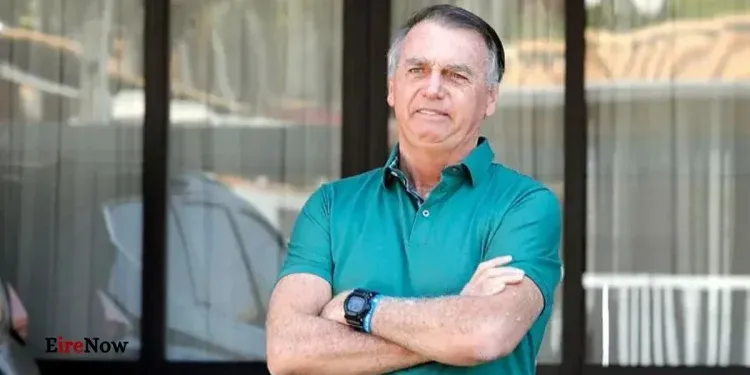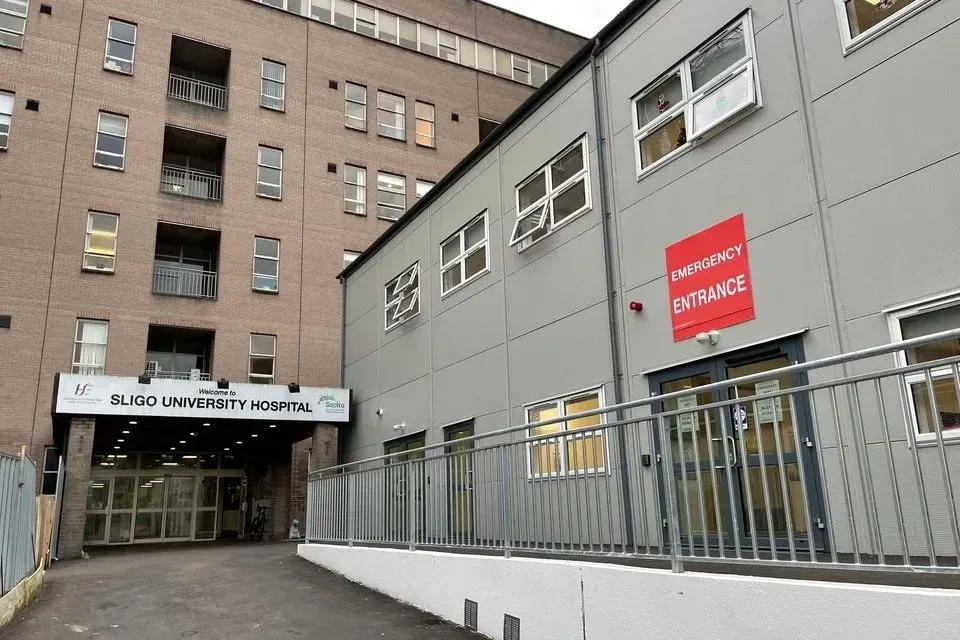BRASÍLIA, Brazil—Brazil’s former president, Jair Bolsonaro, has been sentenced to 27 years in prison for his role in a failed coup attempt to overturn the results of the 2022 election. The verdict, delivered by a 4-1 vote from Brazil’s Supreme Court, is a historic ruling that has deeply divided the nation and led to a sharp escalation in tensions with the United States.
Bolsonaro, a 70-year-old former army captain, was convicted on multiple charges, including leading a “criminal organization” and inciting the violent storming of government buildings in Brasília in January 2023. The trial, one of the most significant in Brazil’s recent history, concluded with a tense, four-day vote by a panel of five justices.
A ‘Witch Hunt’ and an International Standoff
The conviction has drawn a swift and furious reaction from the United States. U.S. Secretary of State Marco Rubio labeled the ruling a politically motivated “witch hunt” and stated that the United States “will respond accordingly.” The Trump administration had already imposed a 50% tariff on Brazilian goods in a move widely seen as a protest against the legal proceedings.
President Donald Trump, a close ally of Bolsonaro, also spoke out against the verdict, praising Bolsonaro as a “good man” and drawing parallels to his own legal battles. “I thought he was a good president of Brazil,” Trump said, adding that the verdict was “very much like they tried to do with me.”
In response, Brazil’s foreign ministry hit back, declaring that the country’s democracy would not be intimidated by foreign “threats.” The diplomatic spat underscores the deep crisis in relations between the two longtime allies.
The Appeal and a Possible Amnesty
Bolsonaro’s defense lawyers have announced they will appeal the “incredibly excessive and disproportionate” sentence, including at the international level. The former president, who remains under house arrest, claims he is a victim of political persecution. His son, lawmaker Flavio Bolsonaro, said his father was “holding his head high” and that allies would work to secure an amnesty bill in Congress.
However, the legal path for an appeal is narrow. According to legal experts, such appeals rarely succeed. Furthermore, a recent poll showed that a majority of Brazilians oppose the idea of an amnesty for the former president.
A Historic Precedent
The conviction of Bolsonaro marks a significant moment for Brazil’s young democracy, which emerged from a two-decade military dictatorship in 1985. It is the first time in the country’s modern history that a former head of state has been convicted for attacking democracy. The case also included the conviction of seven co-accused, including former ministers and military chiefs, for their involvement in the plot.
The trial was seen by many on the left as a crucial test of Brazil’s democratic institutions. The presiding judge, Cristiano Zanin, who previously served as President Luiz Inácio Lula da Silva’s lawyer, stated that an “armed criminal organization was formed by the defendants, who must be convicted.” The verdict comes at a time when Lula’s popularity has been boosted by his firm stance against U.S. interference, and he has indicated his intention to run for reelection next year.
While the verdict has been celebrated by Bolsonaro’s opponents, who see it as a victory for the rule of law, it has also deepened the political chasm in Brazilian society, with his supporters continuing to rally against what they call an unfair trial.







